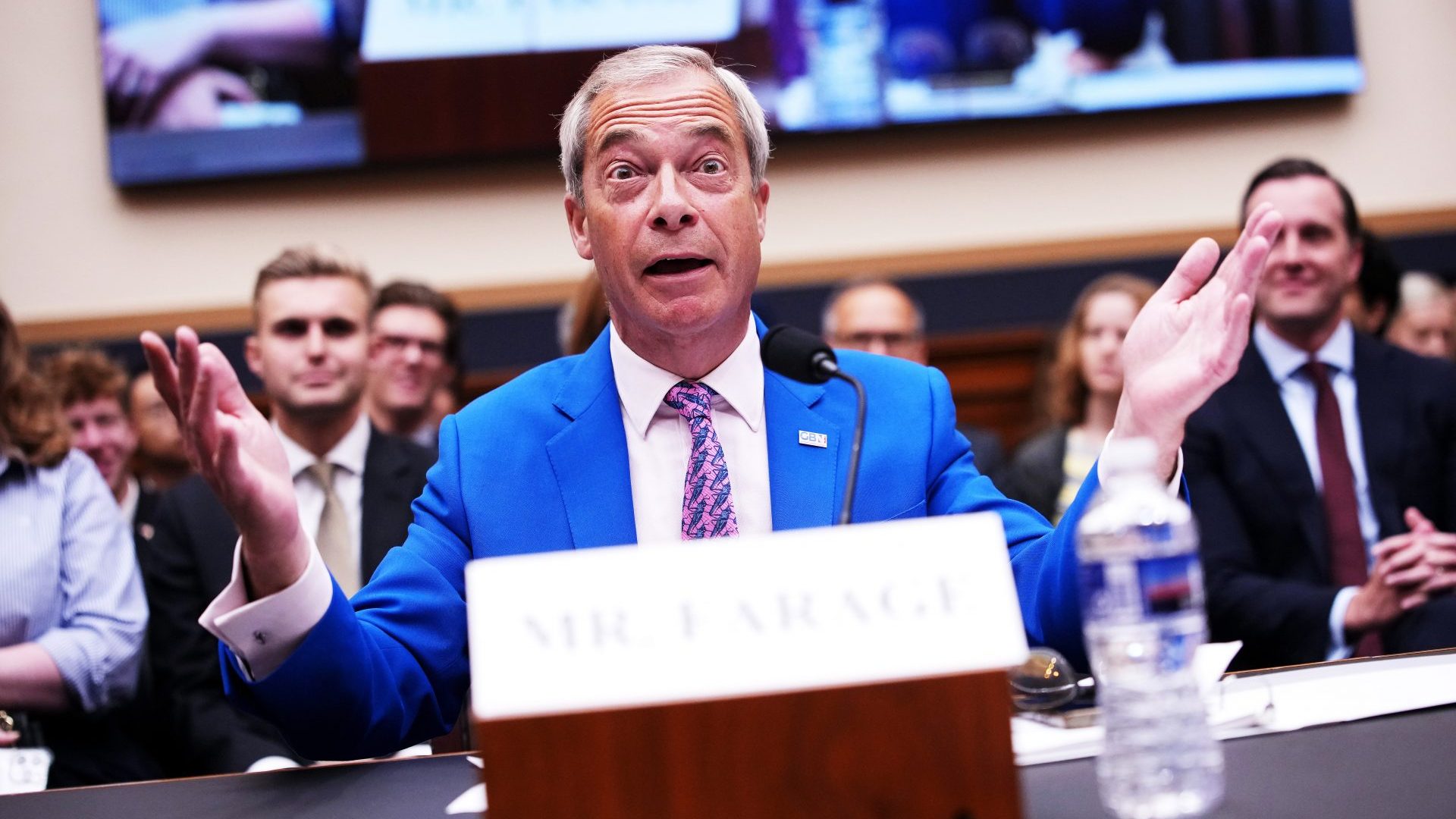How bizarre that last week a microphone picked up a conversation between Vladimir Putin and Xi Jinping when they met in Beijing, and that their topic was organ transplants as a route to immortality, or at least to a vastly extended lifespan. Perhaps that wasn’t so bizarre. What does it take to want to be a leader of a superpower? A massive ego, plus the desire to be God.
Xi told Putin that it’s possible to get younger if you keep updating your body parts. Who are we to argue? Perhaps Chinese medical research is further advanced than we think. Perhaps they’re growing tailored organs for high-value individuals such as Xi.
Is he still on his first heart, lungs, and kidneys? Will there be a point when he, like the famous ship of Theseus, has had all his current body parts replaced? And will he then still be Xi Jinping?
Many, perhaps most, religions have as a selling point the possibility of some kind of posthumous eternal existence, something typically only open to followers of that faith. Some versions of Christianity involve the resurrection of the body, but that leads to complicated questions about how that could work. Will people clamber from their graves, as in Stanley Spencer’s painting The Resurrection at Cookham, dust off the dirt, and continue more or less as before they died?
Already in the 17th century, philosophers realised this idea of the literal resurrection of the body was not without problems. Think of what happens to someone who has been eaten by a cannibal, for example. Their flesh has been ingested and become part of another person’s body. How then will that flesh get divvied up on resurrection day?
Philosophers had serious debates about exactly this hypothetical problem. And if everybody is to be resurrected just as they were when they died, some people will have to retrieve body parts that weren’t gathered for burial; some will be in a decidedly mangled state. How will that all pan out?
What about other versions of immortality? Xi Jinping seems aware that one of the potential problems of living for ever is that we decline with age. Our bodies grow old, but so do our minds. This is a frequent trope in literature: someone discovers an elixir that gives eternal life, but it proves to be a curse – either their body starts to age rapidly, or life itself becomes tedious.
The latter is the theme of Leoš Janáček’s opera The Makropulos Case. Elina Makropulos is the daughter of an alchemist who, at the instruction of the emperor, creates a potion for extending life. When the potion is ready, the emperor makes the alchemist test it on his own daughter, who then falls into a coma. When she comes around, she manages to flee with the formula written out on a piece of parchment.
Elina lives for many centuries, assuming a range of identities, and becomes an outstanding singer. But the potion’s effects wear off and she starts to age. The key point, though, one that the philosopher Bernard Williams has made much of, is that near-immortality has induced not joy, but a kind of apathy in her. Aged 342, she has had enough. Life has become tedious, just more of the same sort of thing. She decides to die, rather than take the potion again. She passes the formula for the elixir to another, younger character who decides to burn it.
Suggested Reading


Why Authoritarians can’t silence journalists
The philosophical moral here is that much of what many of us most value about life is valuable precisely because it is transient, and unrepeatable. Even if immortality without the negative effects of ageing were possible, it’s not something that would hugely enhance life, since there would be a significant risk of a debilitating boredom.
Not everyone sees it that way, though. Miguel de Unamuno, the Spanish existentialist, put it like this:
“I want to live for ever and ever and ever. I want this ‘I’ to live – this poor ‘I’ that I am and that I feel myself to be here and now, and therefore the problem of the duration of my own soul tortures me.”
Presumably Xi Jinping would concur with this, as would those Californian longevity bros popping pills and starving themselves in the hope of living for 200 years or more. Some of them are even experimenting with gene therapy to reverse the ageing process.
Good luck to them. Personally, I’m happy that I won’t last more than a century.




